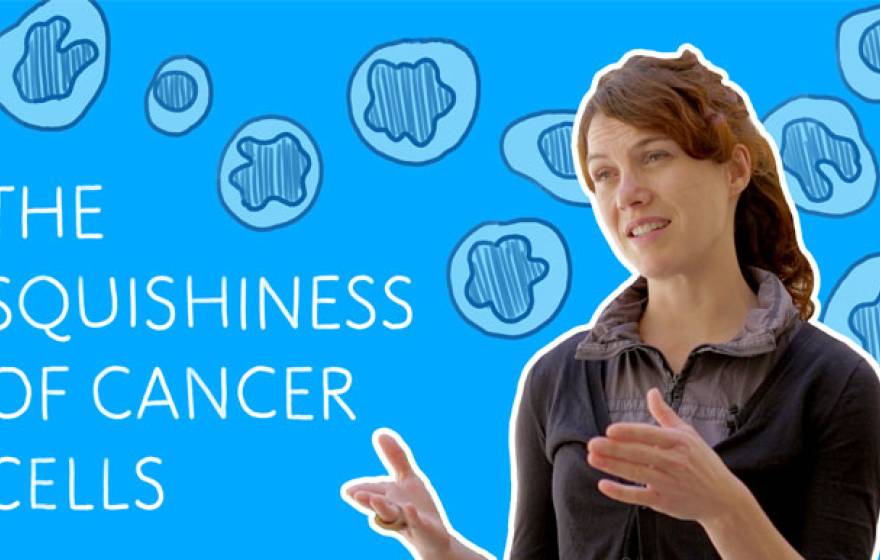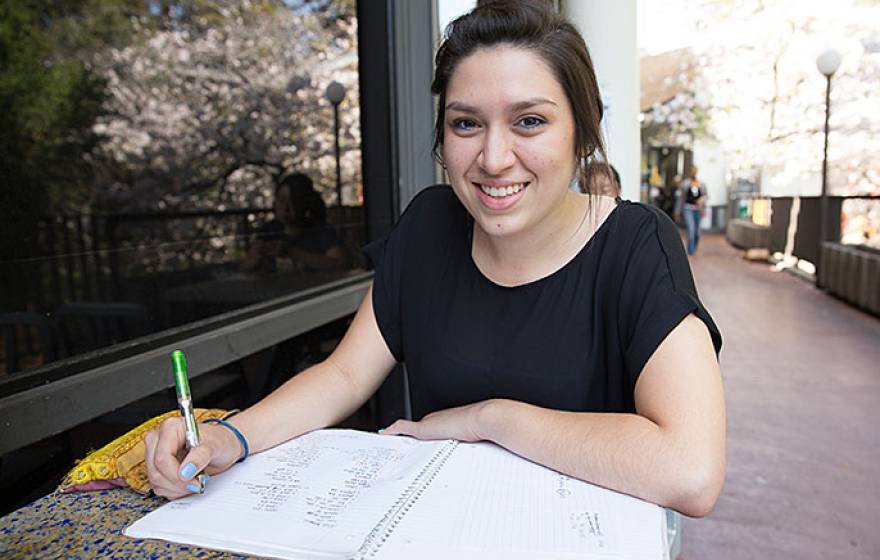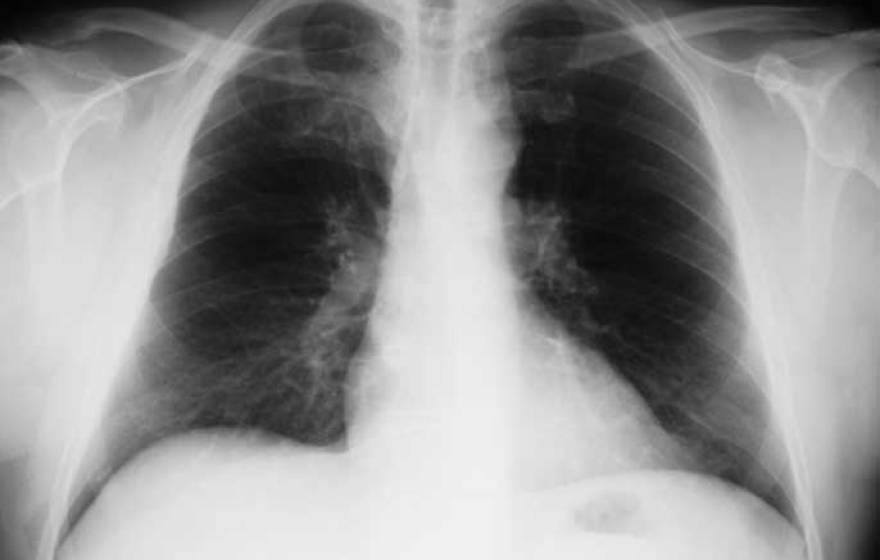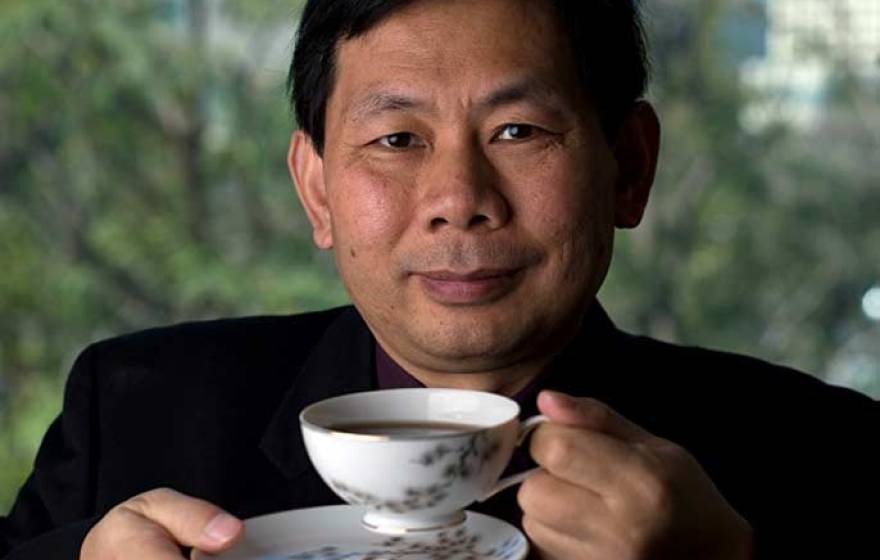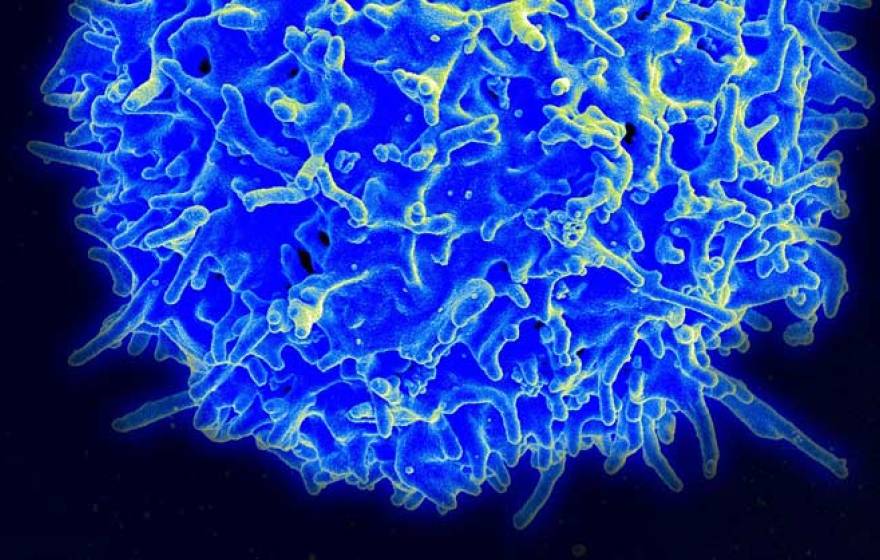Fig. 1 by University of California |
The squishiness of cancer cells
How squishy are your cells? Cells are tiny, but what they can reveal about human health is profound.
UC Berkeley |
Discovery of how Taxol works could lead to better anticancer drugs
Subtle cell disruption is key to widely-used drug's effectiveness.
|
Breast cancer research program offers community training
California Breast Cancer Research Program invites people to learn about what environmental factors play role in disease.
UC Newsroom |
Freshman thrives in research program
Public health program aimed at young women opened the door to undergraduate research and potential medical career.
UC Davis |
Potential lung cancer vaccine shows renewed promise
In mouse studies, an investigational cancer vaccine boosted immune response and reduced the number of tumors.
UC Newsroom |
Taxpayer donations give cancer research a boost
When you file your taxes, consider supporting these programs — simply checking a box can help save lives.
UCLA |
More precise results from robotic-assisted prostate surgery
Using a robotic surgical technique to excise the prostate appears to improve cancer-cell removal and reduce the need for additional post-surgery therapies.
UC Irvine |
Can kava cure cancer?
Commonly brewed for tea, the plant compound is being studied for its effectiveness against bladder malignancies.
UCLA |
Experimental treatment eradicates acute leukemia in mice
Using an existing drug and a new drug developed at UCLA, the researchers wiped out cancer cells in mice with a deadly type of blood cancer, leaving healthy blood cells alone. The treatment might also have applications for other blood diseases.
UC San Francisco |
The ultimate betrayal

Credit: Cindy Chew
When Robert Bruce, of El Dorado, Calif., was diagnosed in March 2011 with stage-4 melanoma, he already had tumors on his head, lungs, ribs and lymph nodes.
UC San Francisco |
Immunotherapy: the last hope
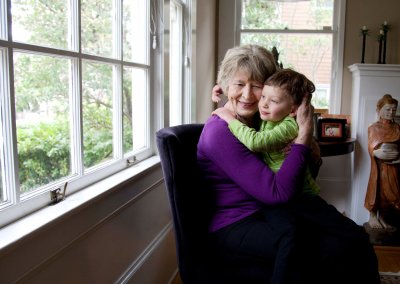
Credit: Cindy Chew
Patricia Hollowell, 80, was diagnosed with melanoma in April 2012.
She had three surgeries in quick succession in her hometown of Grand Junction, Colo., that removed the tumors from her head but didn’t prevent them from coming back and spreading quickly to her neck and lymph nodes.
UC San Francisco |
Killing cancer through the immune system
What if the body could heal itself of even the most aggressive and deadly tumors? In the span of a few years, the idea has gone from New Age notion to medical reality.
